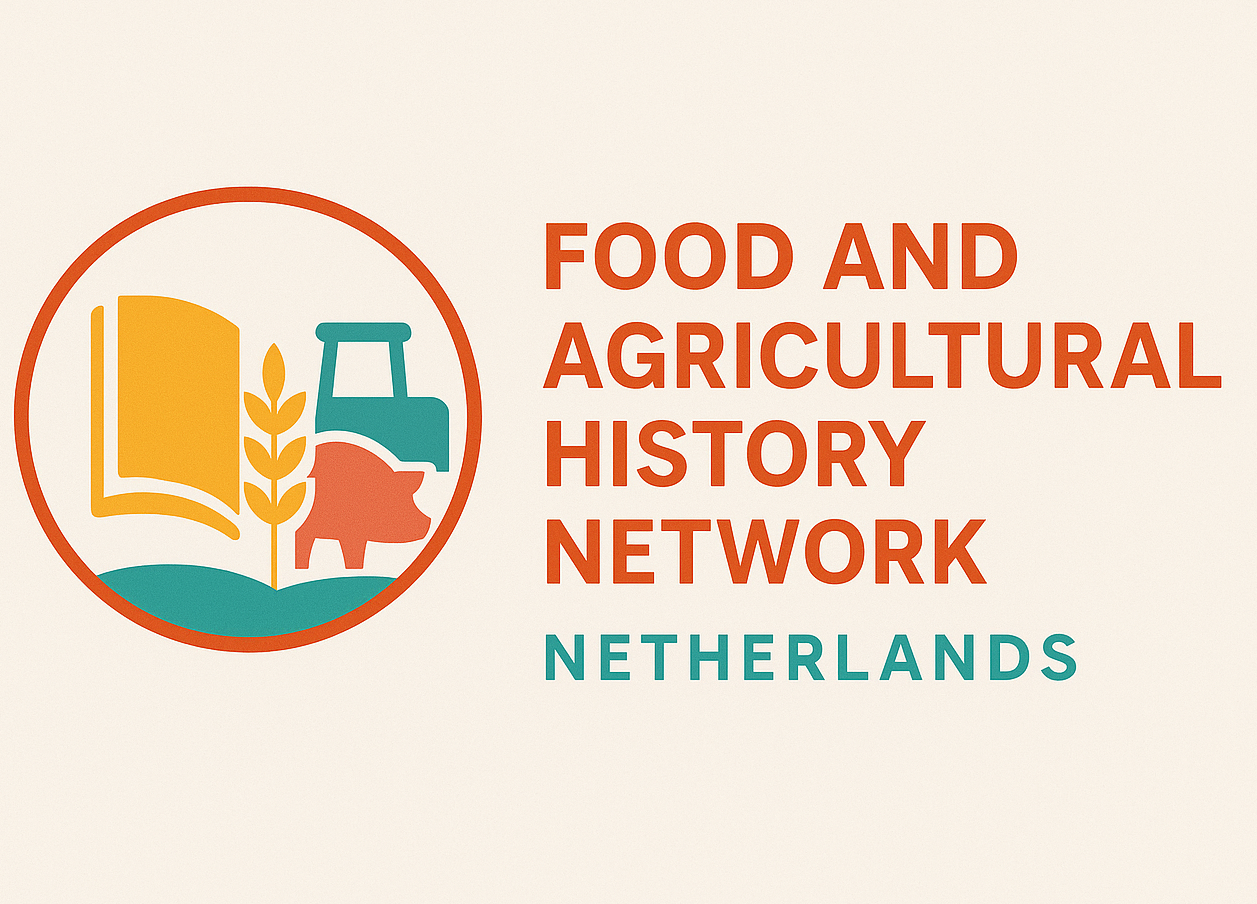We went to the Conference of the European Rural History Organisation (EURHO)! This year the conference took place in Coimbra, Portugal. It was a great opportunity to see where rural history, in the broad sense of the word, stands today. The panels covered a wide range of periods, places and topics: from commons in the early modern period (a more classic topic), and water management over time, to specific objects (the tractor) or overarching themes such as gender, the family or violence. It was interesting to learn that past and present were often connected, and that research projects use many different methods, from archival to participatory research.
On the other hand, more attention to the role of environmental issues and food- and agricultural industries that shape rural areas could be added. But overall, it was a wonderful conference in which there was plenty of space for interesting discussions, questions, and contributions. See our contributions below and let’s see what the next Rural History Conference in Koper Slovenia in 2027 will bring!

Our contributions:
Harro Maat organised, together with Joana Sousa, a panel on ‘Wetlands as colonized and decolonized spaces’. He also was a discussant at the session organised by Ernst Langthaler, titled ‘Meet the project: Soy and agro-food change’.
Amber Striekwold presented two (!) papers titled ‘The role of the animal in a sustainable food system: an exploration of a contested issue in the Netherlands 1950-2000’ and ‘“Alternative” cultures of breeding: contesting intensive livestock breeding in the Netherlands (1950-2020)’.
Margreet van der Burg presented a paper titled: ‘Women in diverse and changing family farming in the Netherlands: acknowledgement of intersectional women’s gender differentiations and changes’.
Piet van Cruyningen presented a paper titled: ‘Accounting on farms and landed estates in the Netherlands, c. 1700-1914’.
Peter Veer was also incredibly busy at the conference. Together with Patrick Wicher he organised a panel on ‘Working with visual archives’ and presented a paper titled ‘Old family portraits, heritage farms and historic regional networks’. Additionally, he also presented a paper in other panel titled ‘The Eilandspolder quests in two films’.
Paulien Daelman and Anna Teijeiro Fokkema both presented a paper in a panel on the history on insects and pest(icides). Pauliens contribution was titled: ‘Mapping agricultural pests: patterns of insect damage in the Low Countries, 1780-1840’ and Anna’s paper was titled: ‘Miracle or disaster? The pesticide industry and Dutch discourses of economic necessity, food security and doubt (1973-2000)’.

